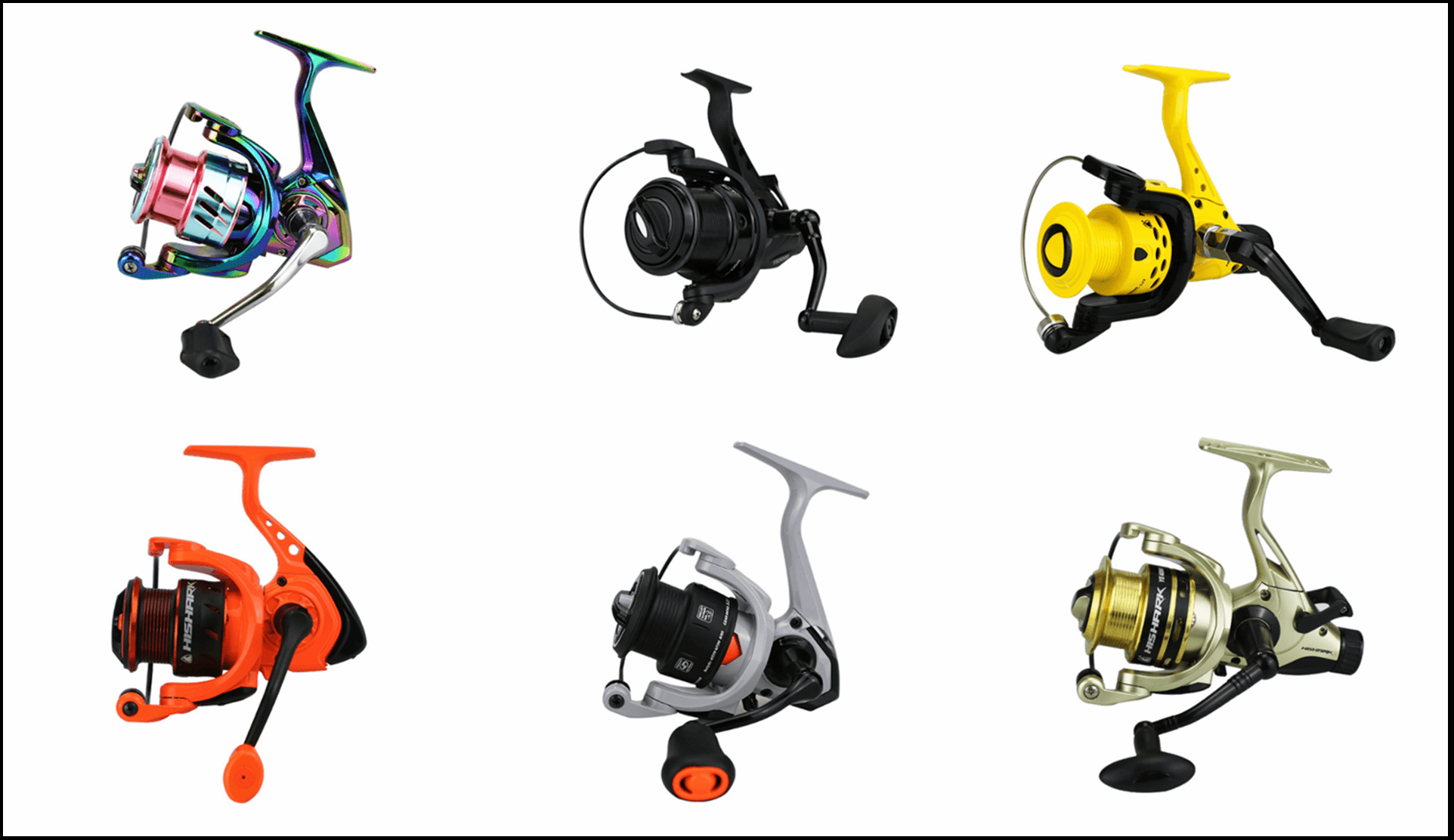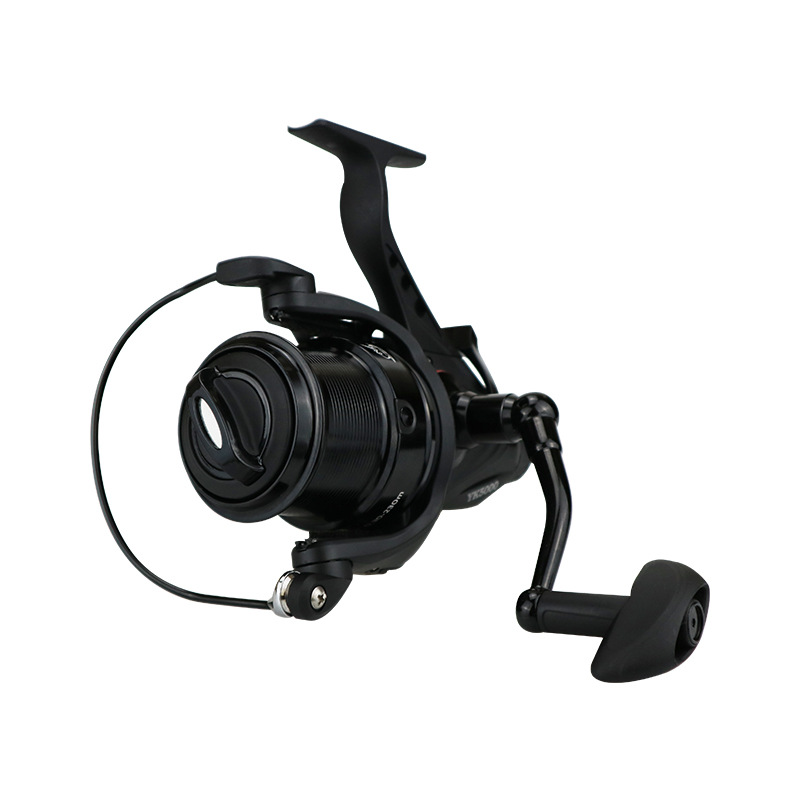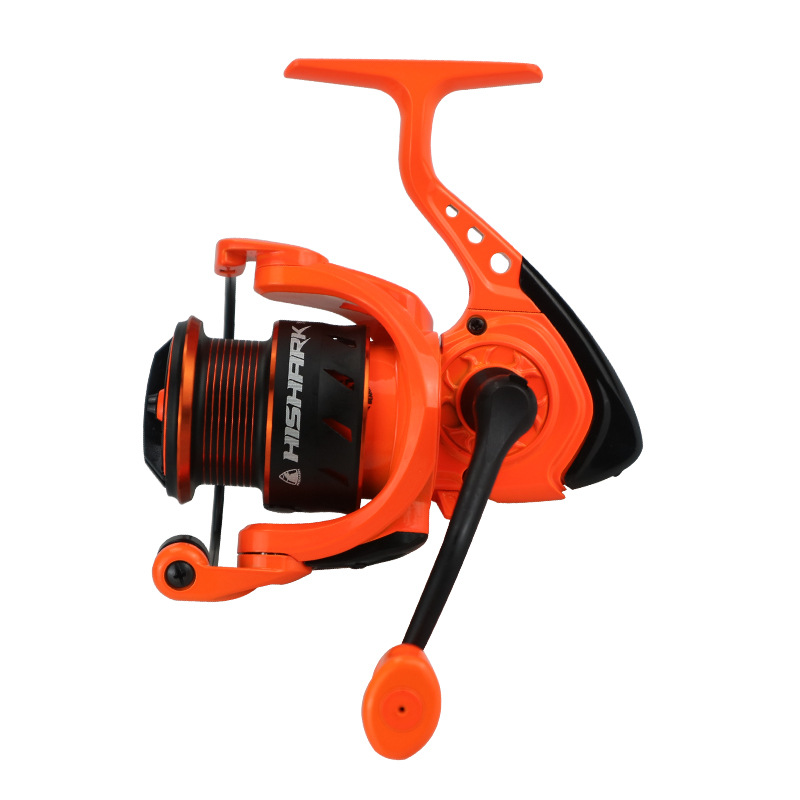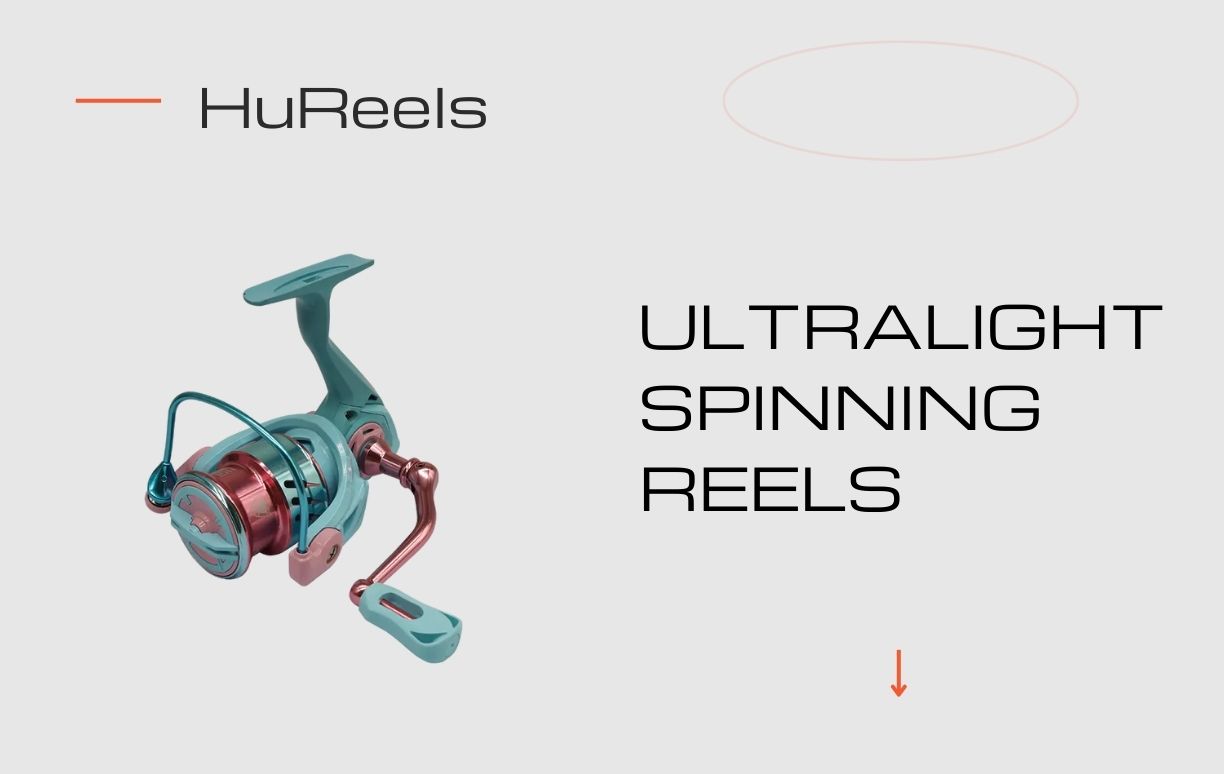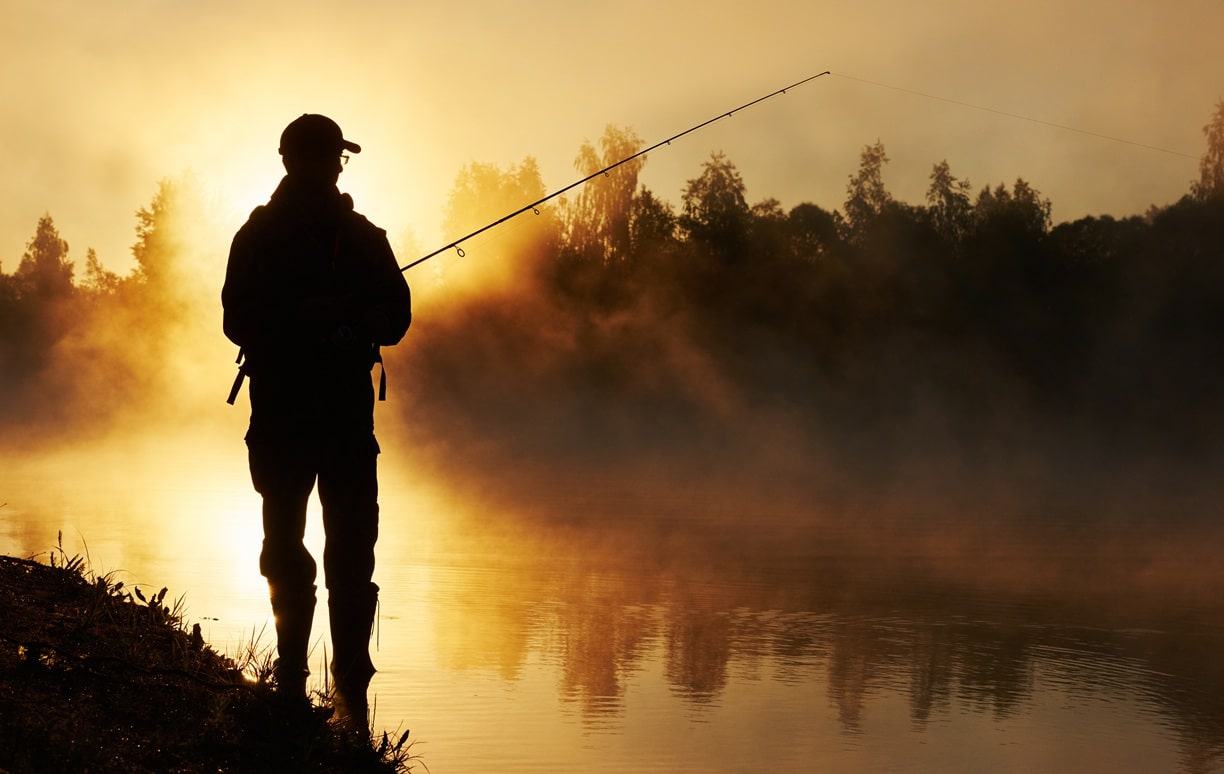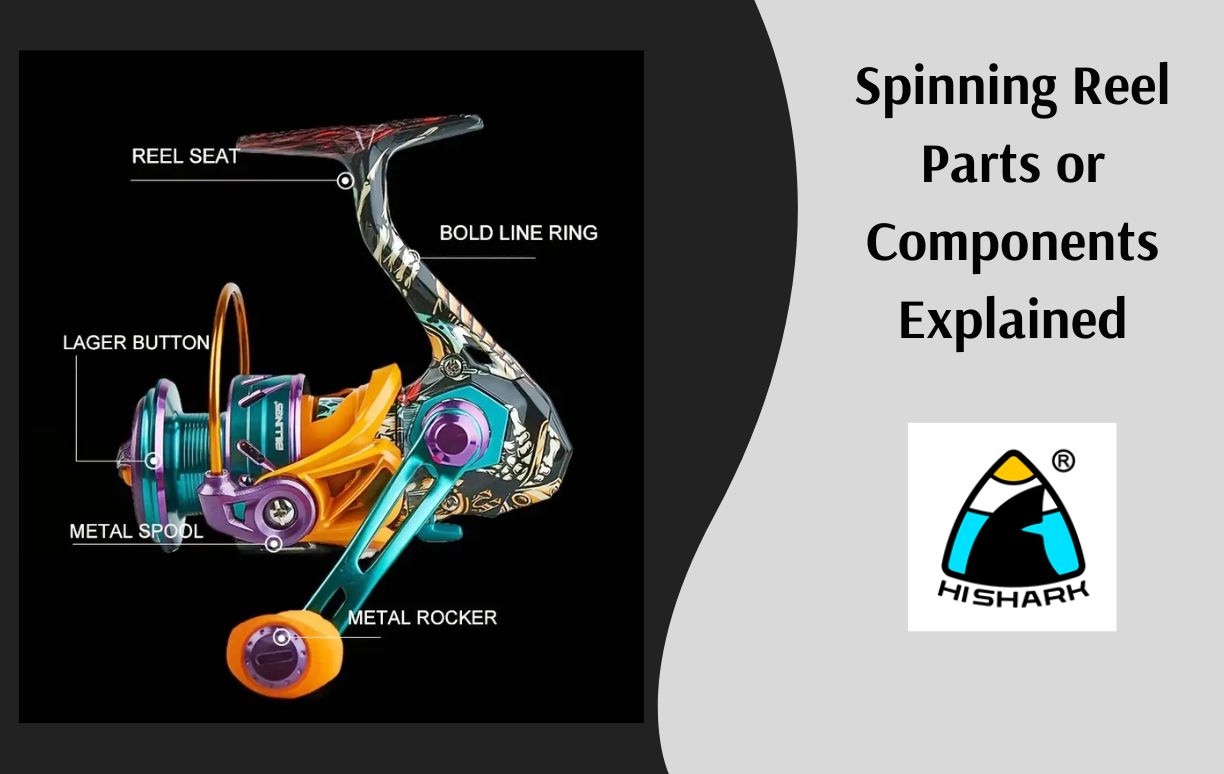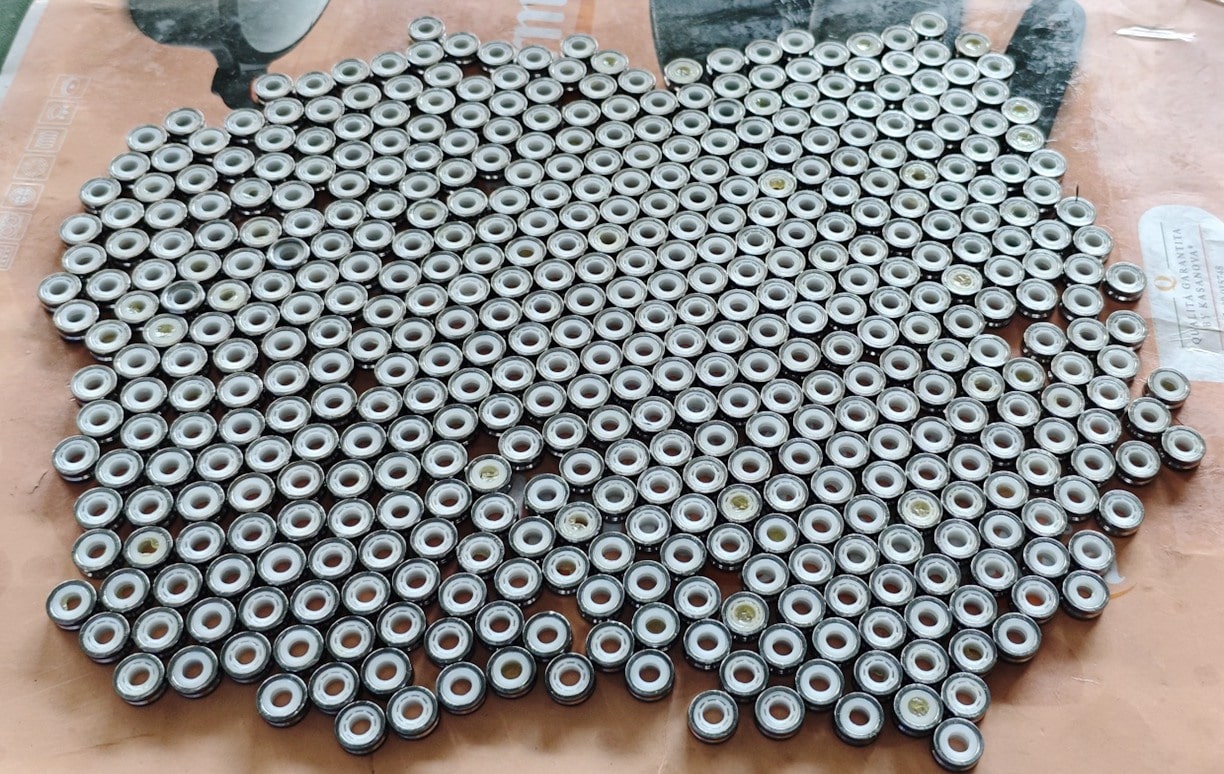
stainless steel ball bearings available in a fishing reel
Fishing reels are crucial for anglers. They help cast lines smoothly and retrieve fish efficiently. Among the many components, fishing reel ball bearings stand out. They ensure seamless operation and enhance the fishing experience.
In this post, we’ll explore how ball bearings are used in fishing reels, their benefits, and tips for choosing the right reel.
- stainless steel ball bearings available in a fishing reel
- The Role of Fishing Reel Ball Bearings
- Types of Reel Ball Bearings
- How Many Fishing Reel Ball Bearings Do You Need?
- Maintenance of Stainless Steel Ball Bearings
- Choosing the Right Fishing Reel
- Benefits of High-Quality Fishing Reel Ball Bearings
- Summary
The Role of Fishing Reel Ball Bearings
Ball bearings in fishing reels reduce friction between moving parts. This friction reduction leads to smoother casts and retrieves. Let’s break down how fishing reel bearings improve performance:
1. Smooth Operation
Ball bearings allow the spool and handle to move effortlessly. Smooth movement is essential for casting and retrieving. When casting, the fishing spool spins freely, letting the line out quickly. During retrieval, the handle turns without resistance, ensuring steady reeling.
2. Enhanced Durability
High-quality ball bearings extend the reel’s lifespan. They help to keep spinning reel parts or components in good condition. This is crucial for frequent anglers and those fishing in harsh conditions.
3. Improved Casting Distance
Smooth casting is directly linked to ball bearings. Properly functioning bearings allow the line to flow off the spool with minimal resistance. This results in longer casts, beneficial when targeting distant fish.
Types of Reel Ball Bearings
Fishing reels use different types of ball bearings. Each type serves a specific purpose. Here are the main types:
1. Stainless Steel Bearings
Stainless steel bearings are popular for their corrosion resistance and durability. They suit both freshwater and saltwater fishing, making them versatile and reliable.
2. Ceramic Bearings
Ceramic ball bearings offer superior performance. They have less friction and higher speed capabilities. While more expensive, they provide excellent durability and smooth operation. These bearings are ideal for high-end, competitive fishing reels.
3. Shielded Bearings
Shielded bearings have protective covers. These covers prevent dirt and debris from entering the bearing. This feature maintains smooth operation and extends the bearing’s lifespan, especially in harsh environments.
4. Sealed Bearings
Sealed bearings are completely enclosed. They offer the best protection against water, dirt, and salt. These bearings are typically found in high-quality reels for saltwater fishing, where exposure to corrosive elements is a concern.
How Many Fishing Reel Ball Bearings Do You Need?
The number of ball bearings in a fishing reel often influences its performance and price. However, more bearings don’t always mean the best spinning reel. Consider the following:
1. Basic Reels (1-3 Bearings)
Entry-level reels with one to three ball bearings suit beginners or occasional anglers. They provide decent performance for light fishing but may lack the smoothness and durability needed for frequent use.
2. Intermediate Reels (4-6 Bearings)
Reels with four to six ball bearings offer a good balance between performance and cost. They are suitable for regular anglers needing a reliable reel for various fishing conditions.
3. High-End Reels (7+ Bearings)
High-end reels often feature seven or more ball bearings. They provide exceptional smoothness, durability, and performance. These reels are ideal for serious anglers and competitive fishing.
Maintenance of Stainless Steel Ball Bearings
Proper maintenance of ball bearings ensures optimal performance. Here are some tips:
1. Regular Cleaning
Clean your reel’s bearings regularly. Remove dirt, salt, and debris. Use a gentle solvent and a soft brush to avoid damage.
2. Lubrication
Apply appropriate lubrication to the bearings. This reduces friction and prevents rust. Use high-quality reel oil or grease specifically designed for spinning fishing reels.
3. Inspection
Regularly inspect the bearings for wear or damage. Replace any bearings showing excessive wear to maintain the reel’s performance.
Choosing the Right Fishing Reel
When selecting a fishing reel, consider the type and number of ball bearings. Here are some things to bear in mind:
1. Fishing Environment
If you fish in saltwater, opt for reels with sealed or stainless steel bearings. These prevent corrosion. For freshwater fishing, shielded bearings may suffice.
2. Fishing Style
Your fishing style and target fish influence your reel choice. For instance, if you need long casts, choose a reel with high-quality bearings for smooth operation.
3. Budget
High-end reels with multiple ball bearings offer excellent performance. However, they can be expensive. Consider your budget and how often you fish to find a reel that offers the best value. We believe you can source great fishing reels with quality stainless steel ball bearings from Black Shark Fishing Reel Factory.
Benefits of High-Quality Fishing Reel Ball Bearings
Using high-quality ball bearings in fishing reels offers several benefits:
1. Smoother Performance
High-quality bearings ensure smoother casts and retrieves. This enhances your overall fishing experience.
2. Increased Efficiency
Efficient bearings reduce effort during casting and retrieval. This makes fishing more enjoyable and less tiring.
3. Longer Reel Lifespan
Durable bearings extend the reel’s lifespan. They protect internal components from excessive wear and tear.
Summary
Fishing reel ball bearings are critical for smooth operation, durability, and overall performance. Understanding their role and types helps you make informed decisions when choosing a fishing reel.
Regular maintenance ensures your reel performs optimally and lasts longer. Whether you’re a beginner or an experienced angler, selecting the right reel with the appropriate ball bearings enhances your fishing experience and helps you catch more fish.
Invest in high-quality ball bearings. Enjoy smoother, more efficient, and longer-lasting reels. Happy fishing!
